Related Research Articles
FBW may refer to:
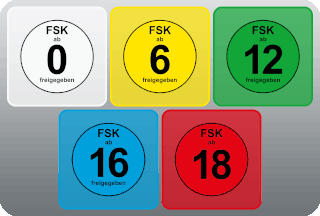
The Freiwillige Selbstkontrolle der Filmwirtschaft is a German motion picture rating system organization run by the Spitzenorganisation der Filmwirtschaft based in Wiesbaden.
German underground horror is a subgenre of the horror film, which has achieved cult popularity since first appearing in the mid-1980s. Horror films produced by the German underground scene are usually trademarked by their intensity, taking on topics that are culturally taboo such as rape, necrophilia, and extreme violence.
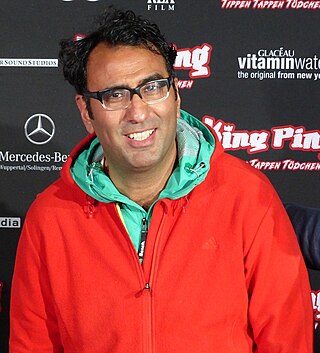
Sinan Akkuş is a Turkish-German director, writer and actor.
![<i>Kampf um Rom</i> 1968 [[West Germany]], [[Italy]] film](https://upload.wikimedia.org/wikipedia/en/0/05/Kampf_um_Rom_poster.jpg)
Kampf um Rom is a West German-Italian historical drama film starring Laurence Harvey, Orson Welles, Sylva Koscina and Honor Blackman. It was produced by Artur Brauner and was the last film to be directed by Robert Siodmak. It was originally released in two parts in 1968 and 1969 as a late installment of the sword-and-sandal genre. Kampf um Rom shows the 6th-century power struggle between Byzantine emperor Justinian, the descendants of the Western Roman Empire and the Ostrogoths. The film is based on a novel by Felix Dahn.

Tom meets Zizou – Not a Midsummer Night's Dream is a documentary film by Aljoscha Pause made in 2011. The film deals with the life and career of professional football player Thomas Broich.
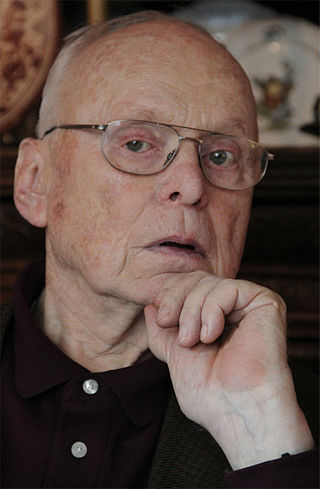
Hugo Niebeling was a German film director and producer. He had been particularly noted for his work on industrial and music films, and is considered one of the most important renewers of these genres in Germany. His style is credited to have influenced and helped create the modern music video. His feature-film documentary Alvorada was nominated for an Academy Award in 1963.
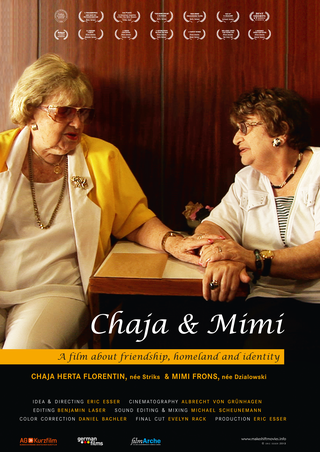
Chaja & Mimi is a 2009 documentary short film by producer/director Eric Esser from Berlin, Germany. The work consists primarily of an interview with two Israeli Jews, Chaja Florentin and Mimi Frons, about their ambivalent relationship to the city of their birth, Berlin. The first version of the film was completed and released in 2009 in Germany only; a second version of the film, fully revised for the international film market, was completed and released in 2013.

Aljoscha Pause is a German filmmaker, director, TV journalist, writer, and producer. He is a member of the Deutsche Filmakademie and the German Academy for Football Culture.

Der Beste is a mystery short film written and directed by Arne Jysch and Rasmus Borowski.
The Hamburg Syndrome is a 1979 West German-French science fiction film directed by Peter Fleischmann and starring Helmut Griem, Fernando Arrabal and Carline Seiser. The film is about an outbreak of an epidemic and quarantine. The film received attention again in 2020 during the COVID-19 pandemic.

Nurbek Egen is a Kyrgyz and Russian film and TV director and screenwriter. His films have won two Young Artist Awards: his short film Sanzhyra as Best Short Foreign Film and his feature film The Wedding Chest as Outstanding International Drama.

The Most Beautiful Day is a 2016 German comedy film written and directed by Florian David Fitz. Fitz himself and the German actor Matthias Schweighöfer play the leading roles. The cinema release in Germany was on February 25, 2016.
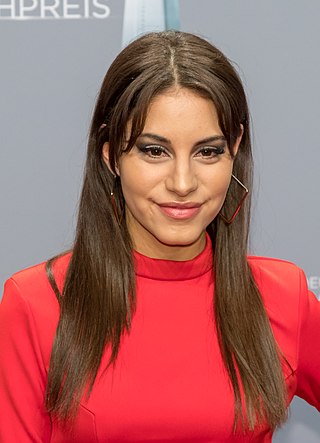
Almila Bagriacik is a Turkish-German actress. She has performed in German film and television.
Tomte Tummetott and the Fox is a 2007 German film directed by Sandra Schießl and based on the novels The Tomten and The Tomten and the Fox by Astrid Lindgren.
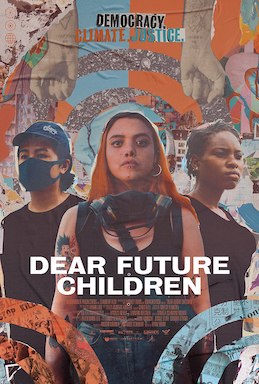
Dear Future Children is a documentary film directed by Franz Böhm about young activism worldwide. The German-British-Austrian co-production provides insights into the lives of three young activists from Hong Kong, Uganda and Chile and examines the impact on their daily lives. The film premiered on 18 January 2021 at the 42nd Max Ophüls Prize Film Festival, which was held online due to the COVID-19 pandemic.
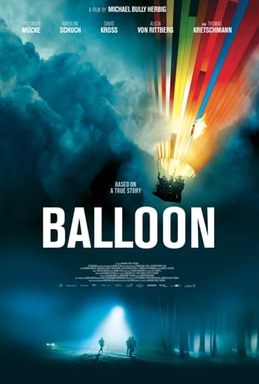
Balloon is a 2018 German thriller drama film directed by Michael Herbig. The film depicts the crossing of the Inner German border by the Strelzyk and Wetzel families from the GDR to West Germany with a self-made hot-air balloon in 1979. The two families, including four children, successfully floated across the sky from Pößneck, Thuringia to Naila, Bavaria, then situated 8 kilometres (5.0 mi) south of the Iron Curtain. They reached a height of 2,500 metres (8,200 ft) in the homemade balloon.

Ted Sieger's Molly Monster is a 2016 animated adventure fantasy film directed by Ted Sieger, Matthias Bruhn and Michael Ekbladh from a story by Sieger and screenplay by John Chambers, based on the titular children's TV series.

Émile V. Schlesser is a Luxembourgish film director, screenwriter, composer and multimedia artist.
Mara and the Firebringer is a 2015 German fantasy film. It is an adaptation of the first book in the trilogy of the same name by Tommy Krappweis, who also wrote the screenplay and directed it. The focus of the story is on Mara Lorbeer, a 15-year-old girl in Munich who learns that she is a spákona, a seeress from Norse and Germanic mythology, and is supposed to prevent the impending Ragnarök. She jumps back and forth between the world of the present and the world of Norse and Germanic mythology and meets such figures as Loki, Thor, Sigurd and the dangerous Firebringer. As with the novels, the film's technical adviser was Rudolf Simek.
References
- ↑ About the FBW Deutsche Film- und Medienbewertung. Retrieved November 11, 2011 (in German)